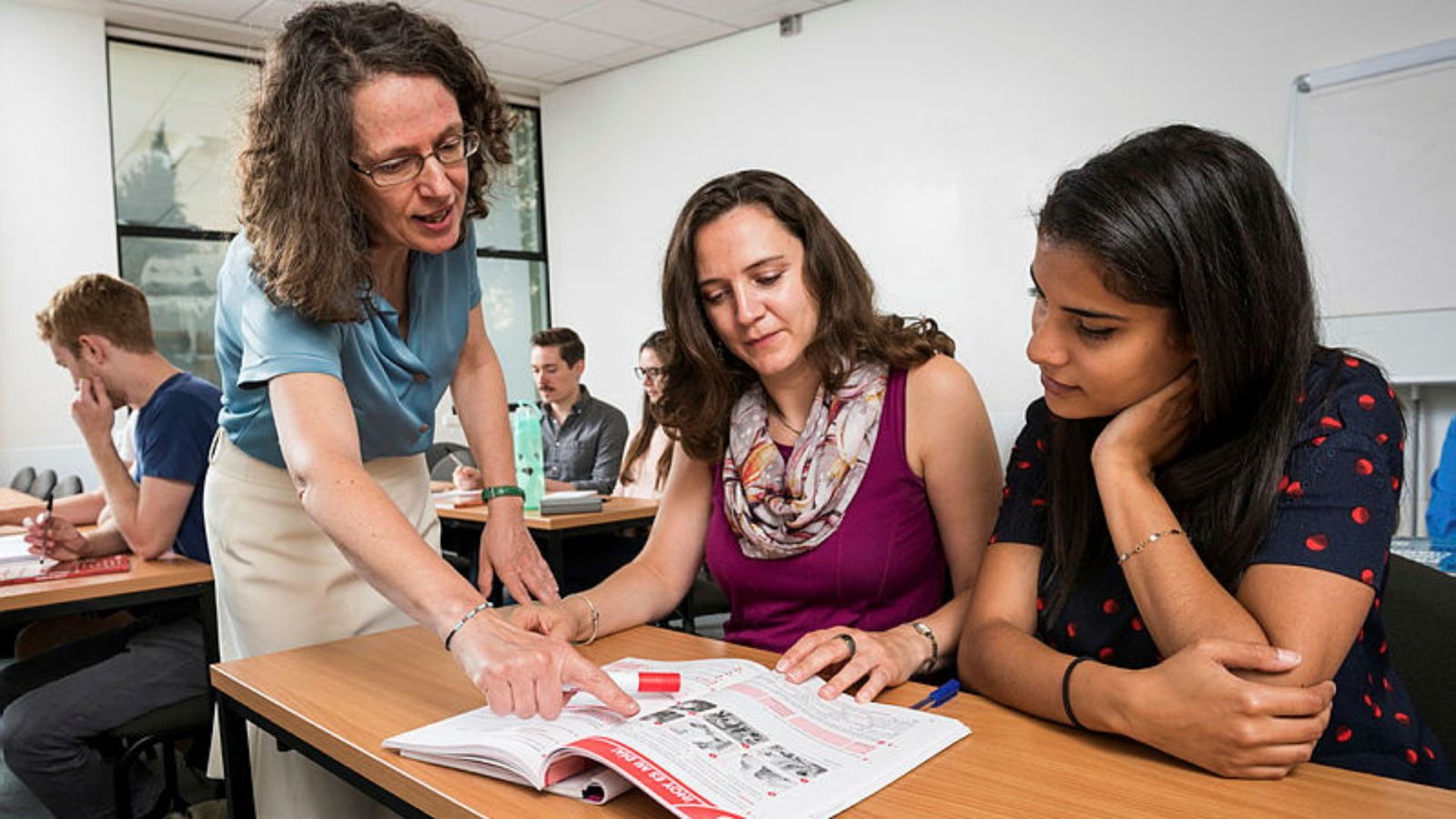Learning a new language during your trip can be an enriching experience. It not only helps you communicate better with locals but also allows you to immerse yourself more deeply in the culture. In this article, we’ll give you some practical ways to take language classes during your trip.
Taking Language Classes during Your Trip
Enroll in Local Language Schools
Enrolling in a local language school is one of the most effective ways to learn a language during your trip. These schools offer structured courses with experienced teachers who can guide you through learning. You can choose from various course lengths and intensities, depending on how long you are staying and how much time you can dedicate to learning. Many language schools also offer cultural activities and excursions, allowing you to practice the language in real-life situations.

Join Language Exchange Programs
Language exchange programs are a great way to learn a language during your trip while making new friends. In these programs, you pair up with a local who wants to learn your language, and you teach each other. This method provides a relaxed and informal environment to practice speaking and listening skills. You can find language exchange partners through local universities, community centres, or online platforms. These exchanges often take place in cafes, parks, or other social settings, making the experience enjoyable and interactive.
Use Language Learning Apps
Language learning apps are a convenient and flexible way to study a language during your trip. Apps like Duolingo, Babbel, and Rosetta Stone offer lessons that you can complete at your own pace. These apps often include interactive exercises, pronunciation guides, and vocabulary games to make learning fun and engaging. Using these apps daily can help reinforce what you learn in classes or through exchanges, and you can practice anytime, anywhere.
Attend Cultural Workshops and Events
Cultural workshops and events provide an excellent opportunity to learn a language during your trip. Many cities offer cooking classes, dance lessons, and craft workshops where the instruction is given in the local language. Participating in these activities allows you to pick up new vocabulary and phrases while engaging in hands-on experiences. Look for local event listings, and community boards, or ask at tourist information centers for recommendations.
Hire a Private Tutor
For personalized instruction, consider hiring a private tutor. A tutor can tailor lessons to your specific needs and pace, providing focused attention and immediate feedback. You can find private tutors through language schools, online tutoring platforms, or local classifieds. Having one-on-one sessions with a tutor can accelerate your learning and help you address particular areas of difficulty more effectively.
Stay with a Host Family
Staying with a host family is an immersive way to learn a language during your trip. Living with native speakers gives you constant exposure to the language and encourages you to use it in daily conversations. Many host families are experienced in hosting language learners and can provide a supportive environment for practice. Additionally, this arrangement offers a unique cultural experience, giving you insight into local customs and traditions.
Join Local Clubs and Groups
Joining local clubs and groups is another great way to practice a language during your trip. Whether it’s a sports team, a book club, or a hobby group, participating in regular meetings allows you to use the language in a social context. This helps improve your conversational skills and builds confidence in speaking. Look for group activities that interest you and reach out to join – it’s a fun way to meet people and practice the language.
Conclusion
Taking language classes during your trip is a fantastic way to enhance your travel experience. By enrolling in language schools, joining exchange programs, using learning apps, attending workshops, hiring tutors, staying with host families, and joining local clubs, you can immerse yourself in the language and culture of your destination. These methods not only improve your language skills but also enrich your understanding of the local way of life.
